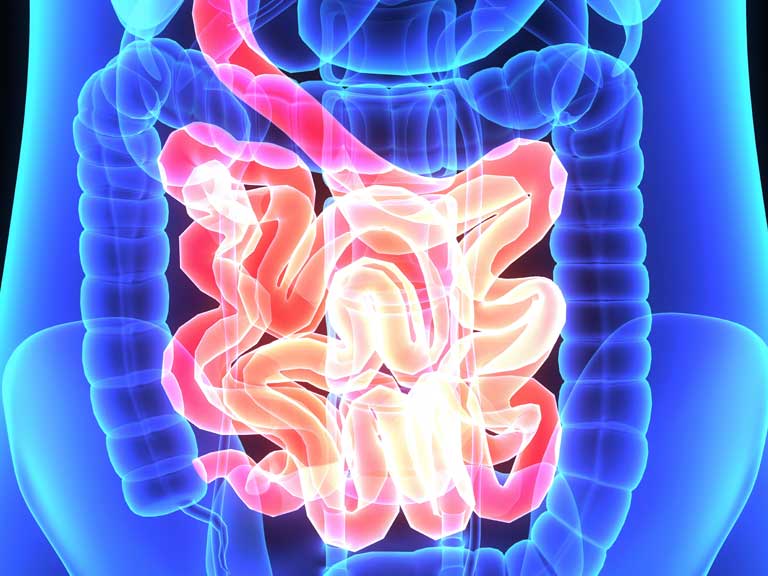Appendicectomy
An appendectomy is a surgical procedure that involves the removal of the appendix, a small, finger-shaped pouch that hangs off the large intestine. The appendix is located in the lower right part of the abdomen, and its function is not fully understood by scientists.

In most cases, the appendix does not cause any problems, but when it becomes inflamed, it can cause a condition called appendicitis.
Appendicitis is a medical emergency that requires prompt treatment, as the inflamed appendix can rupture and cause serious infections. The most common symptom of appendicitis is abdominal pain, which typically starts around the navel and then moves to the lower right part of the abdomen. Other symptoms can include nausea, vomiting, fever, and constipation or diarrhoea.
The diagnosis of appendicitis is usually made based on the patient’s symptoms and physical examination, but imaging tests such as an ultrasound or a CT scan may be used to confirm the diagnosis.
An appendectomy is the standard treatment for appendicitis. The procedure can be performed either via open surgery, which involves making a large incision in the abdomen, or via laparoscopic surgery, which uses small incisions and specialised instruments. Laparoscopic surgery is less invasive and has a shorter recovery time. The procedure typically takes about 30 minutes to an hour and is performed under general anaesthesia.
After the surgery, patients will stay in the hospital for 1-3 days to recover. They will be given pain medication and antibiotics to prevent infection. They will also be placed on a clear liquid diet and gradually advanced to a regular diet as tolerated. Most people are able to return to their normal activities within a few days to a week of the surgery.
Expectations
The outcome of surgical treatment varies and depends on various factors such as the stage and location of the cancer, the overall health of the patient and the expertise of the surgical team.
Recovery from surgery can take several weeks or even months, depending on the extent of the surgery. Pain and discomfort are common after the surgery, and patients will likely need to follow a special diet to help the healing process. They will also need to have regular follow-up appointments with Dr Lorenzo to monitor their recovery.

